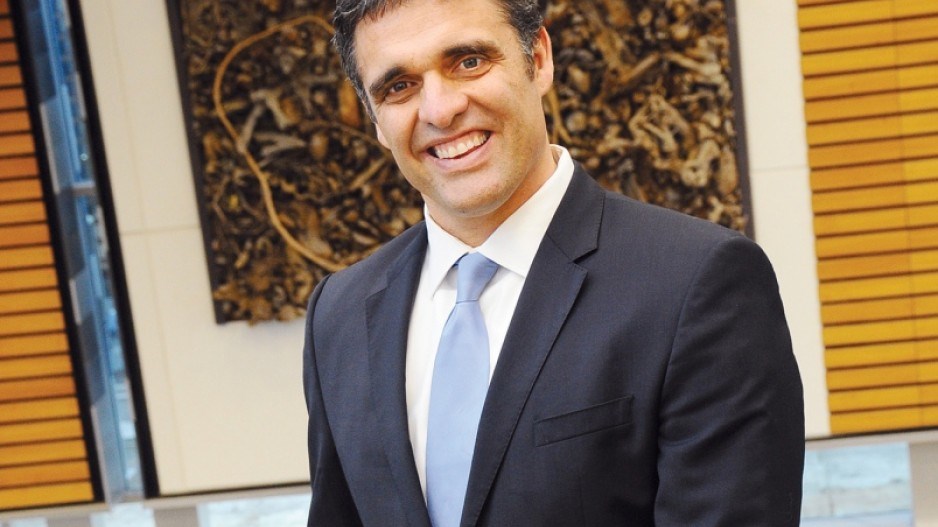West Vancouver councillors want to charge property owners who don’t live in the homes they own higher property taxes than residents.
But first, they’ll need to get agreement from the province – a move that could open the door to other municipalities doing the same thing, or charging different tax rates to different categories of residential taxpayers in the future.
West Vancouver council wants to put a non-resident property tax in place as part of efforts to curb real estate speculation that has been fuelling sky-high property prices, says Councillor Craig Cameron.
“It’s targeting people who use real estate as an investment,” said Cameron, adding that’s been a big issue in West Vancouver – where it is not unheard of for people to own several multi-million-dollar homes, sometimes not living in any of them. “There’s quite a bit of speculation in housing.”
Under the scheme being floated by council members, anyone who doesn’t want to be charged the non-resident tax rate would have to check a box stating the home is the principal residence of the family, said Cameron. That would be subject to auditing and enforcement by municipal staff. The non-resident tax would apply equally to foreigners and Canadian citizens who don’t live in the homes they own.
“It’s to ensure giving preferential tax treatment to people who are using houses as homes,” said Cameron.
Money raised from the extra tax would then be put into a dedicated fund to support housing projects in the municipality.
Cameron said West Vancouver councillors like the idea of a non-resident tax better than a vacancy tax, such as that being put in place in the City of Vancouver, because they feel it’s more enforceable.
Earlier this summer, West Vancouver council discussed – and rejected – the idea of a vacancy tax, saying it would result in a bureaucratic nightmare.
“It relies on people admitting their house is vacant,” said Cameron – or people snitching on their neighbours.
West Vancouver Mayor Mike Smith has consistently favoured a non-resident tax, which he pays on his own vacation home in Hawaii.
At the time, councillors also voiced concern a vacancy tax could penalize residents who go south to places like Palm Springs for two or three months at a time.
Cameron said this week some people may still try to get around a non-resident tax, but that may be more difficult, especially with the federal announcement that Ottawa intends to clamp down on foreigners who claim Canadian homes as their principal residence while actually living abroad, in order to avoid capital gains tax.
Cameron said it’s shocking that the federal government hasn’t cracked down on that earlier. Up until now, homeowners who sold a multimillion-dollar property and claimed the house as their principal residence weren’t required to submit any documentation proving that to the government.
Before West Vancouver can start imposing a non-resident property tax, it will have to get approval from the province, which would have to amend the Community Charter governing municipalities.
Council members spoke to provincial ministers – including Rich Coleman, minister responsible for housing, Peter Fassbender, minister of community, sport and cultural development, and Finance Minister Mike DeJong – about the idea during the Union of B.C. Municipalities conference last week.
“They were all sort of interested,” said Cameron.
Cameron said he thinks other municipal councils support the change.
Non-resident property taxes are in place in some other communities in Canada. If changes to the Community Charter are approved, it would pave the way to municipalities putting the first such taxes in place in B.C.




